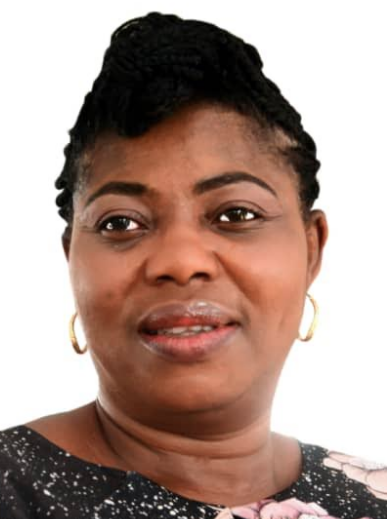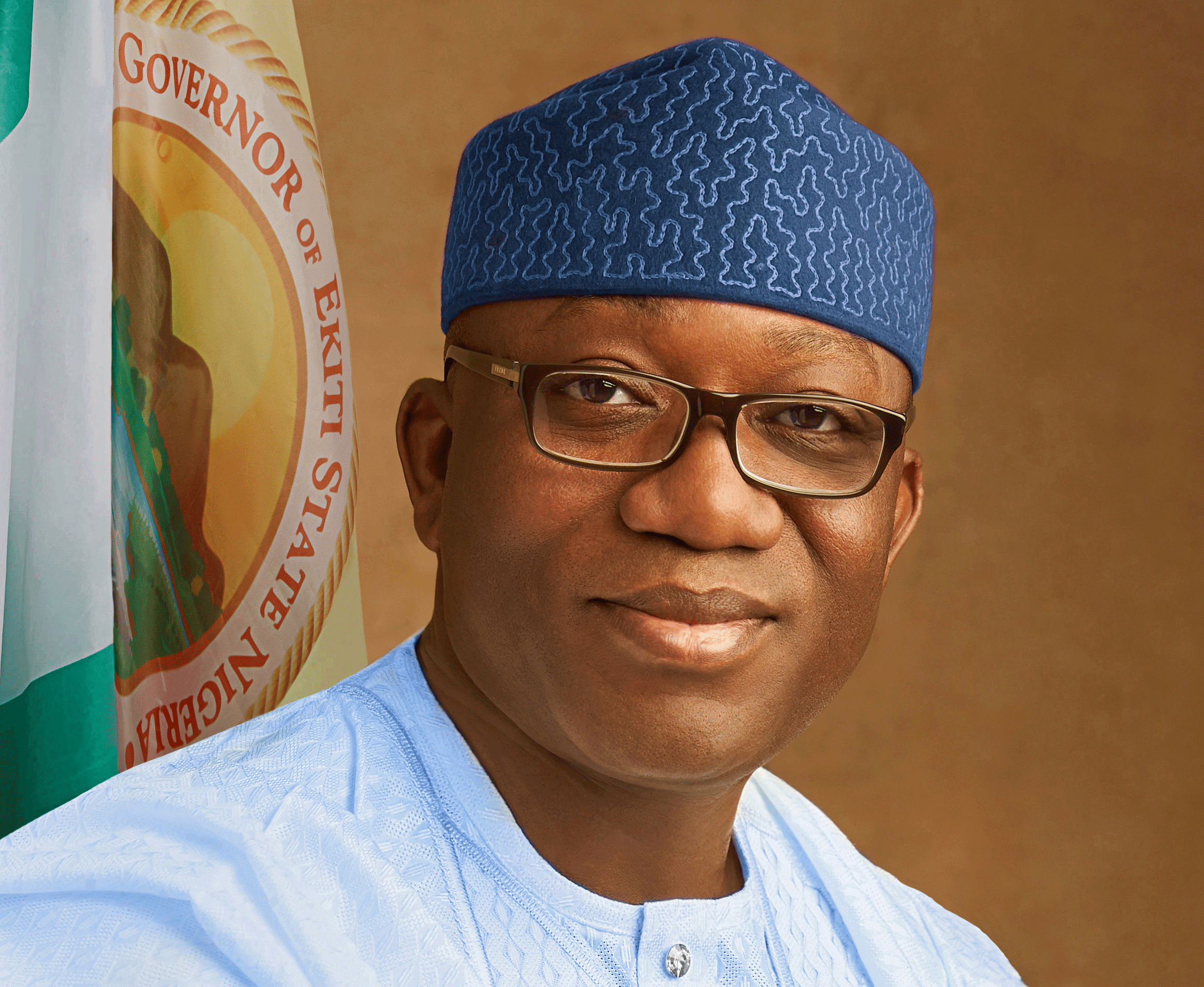UNN centre for clinical trials appoints Laz Eze as senior adviser
The National Universities Commission has finally unbundled Mass Communication into seven separate degree programmes. The implication of this is that from the 2020/2021 academic session, what used to be Mass Communication in Nigerian universities would be recognized as seven programmes. The seven new programmes may be domiciled in a faculty, school or college of communication and media studies depending on the university’s choice. The new programmes are: Journalism & Media Studies, Public Relations, Advertising, Broadcasting, Film & Multi-Media Studies, Development Communication Studies and Information & Media Studies. Considering how long it took for the NUC to unbundle just a single programme, it is only hoped that the commission will be more swift in effecting greater changes in the entire curricular of Nigerian universities to make them more relevant.
This is important if Nigeria must be a major player in today’s world. We are in an era of unprecedented change. There are rapid advancements in the fields of technology in such a way that artificial intelligence is gaining prominence with many jobs being automated by robots and algorithms. There are now restaurants in some parts of the world where waiters are robots. This practice is likely to spread because robots are cost-effective, they will always be on duty; they won’t need to go on vacation and they won’t call in sick. These days, nanotechnology, 3D printing and biotechnology are dramatically changing the characteristics of the global workforce.
In the area of transportation, autonomous vehicles are gaining wider acceptance in many countries. A new study from KPMG International recently ranked The Netherlands as the country most ready to support driverless cars, followed by Singapore and the United States. China was ranked 16th on the list. All these countries have certain things in common-government support and oversight, excellent highway infrastructure, large scale innovation and general consumer acceptance. Netherlands is even planning to update its over a thousand traffic lights so they can communicate with autonomous vehicles. Shouldn’t this be a source of worry to a nation like Nigeria where highways are still death traps and inner routes full of potholes and irregular surfacing?
Really, a lot has happened since the first set of autonomous cars appeared in the 1980s. As of June 2016, Google had test driven their fleet of vehicles, in autonomous mode, on 2,777,585 kilometers of road. In August 2016 alone, their cars travelled a “total of 170,000 miles; of those, 126,000 miles were driven autonomously. According to reports, these cars were left to drive themselves using cameras, radar and laser sensors.
Whether we like it or not, we have to accept that the robot revolution is reducing the demand for many traditional, high-paying professionals like lawyers, accountants, academics and middle management, hence the urgent need to update our university curricula to make them compliant to world requirements. The world is moving at a very fast pace. Things are happening too rapidly. We are no longer in the days when being a graduate is enough to guarantee good life-the course of study must be relevant to the needs of the larger society to enhance one’s mobility in the job market.
Advertisement
Besides, experts have predicted that some of the hottest jobs today could be obsolete in a few years. Have you noticed that some people in Nigeria are now making money from things that would have been described as mundane 10 years ago? Could anyone ever imagine that make-up artists and event planners could be getting more returns from their vocations than some lawyers and doctors are getting? The reality is that some of the courses that used to be money spinners in the past are not likely to be relevant in a few years’ time.
Unfortunately, as a nation, we appear to be very slow in responding to change. Ordinarily, our universities should be updating their curricular on constant basis to reflect global dynamics. However, from all indications, this is rarely the case.
I won’t be surprised if some universities in this country are still using the same curricula they started with when they were established. Judging from people’s experiences, it seems many teachers at all levels-primary, secondary, university, have a problem updating their lesson notes. Some teachers’ lesson notes are as old as their years of service. The same lesson note is used from generation to generation. They never change, every decade, they remain the same. That some lecturers use the same handouts for their courses from year to year is no longer news to many. A colleague once shared a story of how her lecturer in university, who happened to teach her undergrad daughter now, gave her the same assignment he gave the mum as a student nearly two decades ago. Imagine such level of intellectual laziness and recklessness! Teachers get away with so many anomalies in this country simply because the relevant regulatory bodies have either been compromised or abdicated their responsibilities.
Bad as it may, our attitude won’t alter continuous growth of education in other parts of the world. The world is moving on, we either catch up with it or remain on the same spot.
According to the World Bank, education in general and higher education in particular are fundamental to the construction of a knowledge economy and society in all nations. The earlier Nigeria took a cue from this, the better for the nation.
Advertisement
While nobody can say for sure what the future holds, one thing is certain- sciences, technology, engineering and mathematics (STEM) will remain relevant, hence as a nation, Nigeria must go beyond paying lip service to the development of STEM. Many of tomorrow’s jobs will likely result from today’s scientific and technological advances. Some of the jobs that are likely to be in high demand in the future include commercial space pilot, extinct species revivalist, alternative energy consultant, organ/body part creator, mind transfer specialist/memory surgeon.
Other jobs in high demand will include 3D Printing, Digital Marketing, App Development, Robotics, Cyber Security, Data science and Artificial Intelligence. I doubt if any Nigerian university is prepared for this. With advancements in neuroscience and technology, some people are already considering the possibility of uploading a human mind to a computer to enhance memory or treat depression and other psychological illnesses. How is Nigeria responding to this type of global move?
According to a futurist company, Tomorrow Today Global, nearly 25 per cent of today’s full-time employees will be working on demand as companies will prefer to hire freelancers for short contracts when the need arises instead of keeping people on staff. Also, frontline military personnel will be replaced with robots. This is happening already and it was clearly demonstrated in the way the United States killed the Iranian military leader, Qasem Soleimani.
There will be more jobs for end-of-life planners, senior carers, remote health care specialists, neuro- implant technicians and smart home handypersons. Have you paused to ask why many Nigerians abroad, especially in the UK and USA, suddenly become nurses even when they studied courses like political science, sociology in Nigeria?
Advertisement
A former Executive Secretary of the NUC, Professor Peter Okebukola, once said that top jobs that would be in hottest demand in Nigeria will include de-radicalisation counsellors, (remember ISIS and Boko Haram) Artificial Intelligence Engineers, Information Brokers, Job Developers, Leisure Consultants, Bionic Electron Technicians and Computational Linguists.
Others are Fibre Optic Technicians, Fusion Engineers, Image Consultants, Myotherapists, Relocation Counsellors, Robot Technicians, Space Mechanics and Underwater archaeologists.
How many of Nigeria’s higher institutions are running courses along these lines? It’s a new year. NUC should start to work towards reviewing the university curriculum to make it relevant and vibrant. As a nation, we don’t have to always produce graduates that are behind time. There should be a synergy between what the universities are doing and developments in the society.
The NUC should wake up to its responsibility of ensuring that Nigerian universities are globally competitive. It should organise sensitization programmes for university leaders to keep them abreast of global developments. Universities should be mandated to review their curricula and develop courses that will not only reflect the needs of the students but also meet global standards to attract international students.
Olabisi Deji-Folutile is a member of the Nigerian Guild of Editors. Email [email protected]
Advertisement
Advertisement
Advertisement
Advertisement
Views expressed by contributors are strictly personal and not of TheCable.
Add a comment







